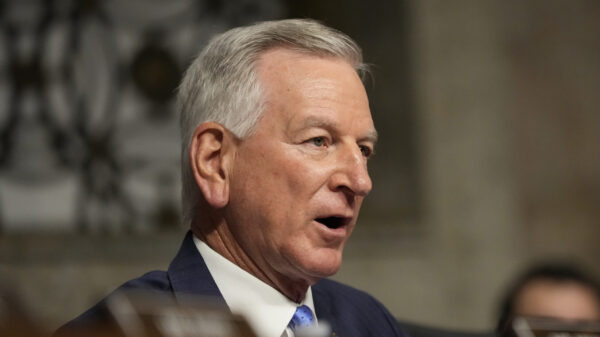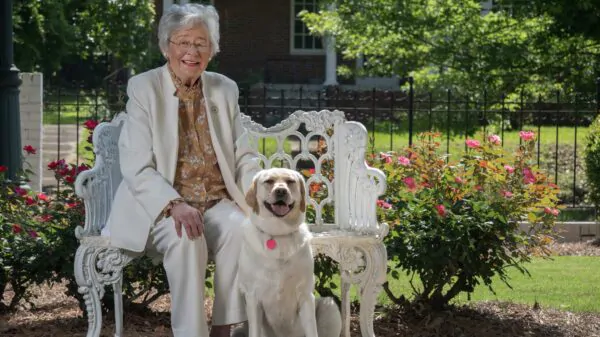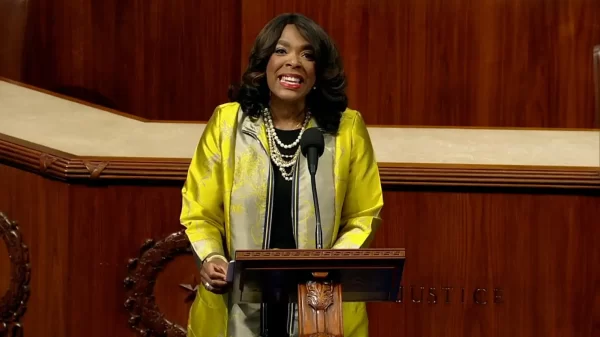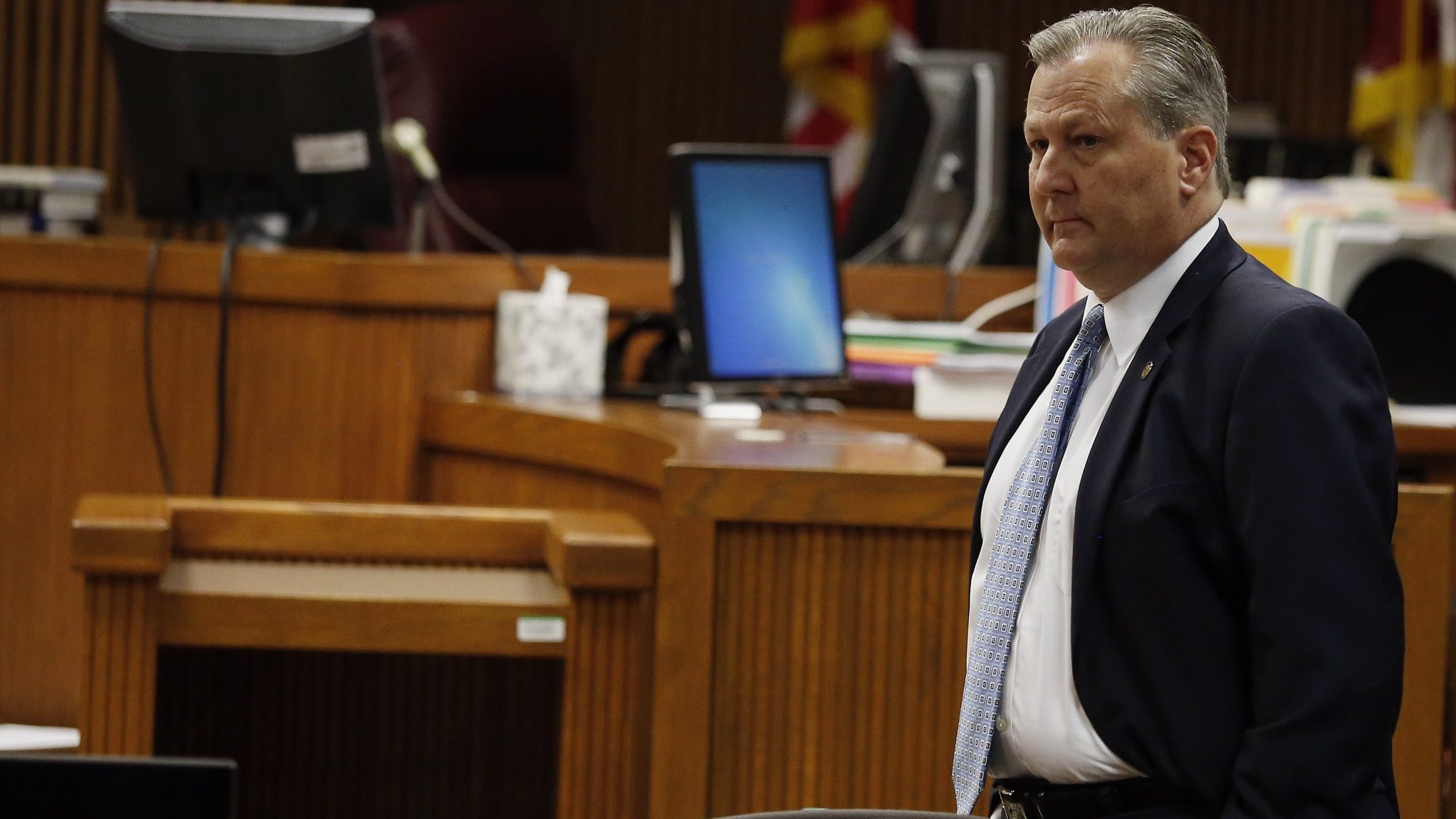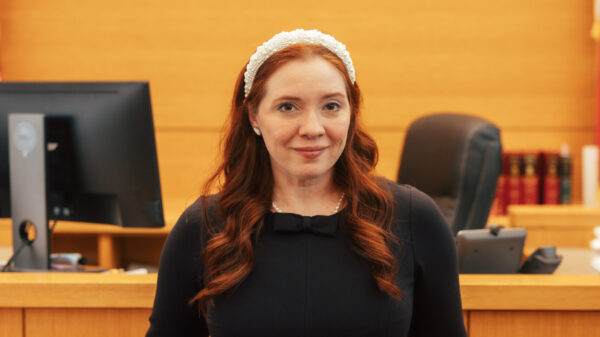Mike Hubbard stole more than $2 million. Let’s start right there, so we don’t get things twisted, because there’s a tendency in this state, when the criminal is wearing a suit and tie, to believe that the crime wasn’t really a crime and that it was something more complicated and sophisticated than a guy stealing money from you for himself.
This wasn’t an accident. It wasn’t a wrong place, wrong time deal. He didn’t forget to carry the one and, oops, $2 million landed in his account.
No. Mike Hubbard committed crimes with the solitary intention of illegally enriching himself.
Hubbard used his intelligence and charm and ruthlessness to rise to a position of power that allowed him to influence the budget process, and then he used that position and his intelligence to benefit himself at the expense of state businesses, taxpayers and the state itself.
If Hubbard had his way, one of his clients would have been granted an illegal monopoly, improperly squeezing out other deserving state businesses and possibly costing Alabama citizens their jobs and livelihoods.
In other instances, Hubbard concocted a means by which wealthy business owners in the state could “gift” their “friend” hundreds of thousands of dollars. Money that we all know would have been returned to the friends many times over in the form of friendly legislation and government contracts — which is the very reason such “gifts” were deemed illegal by a Legislature led by Hubbard.
These things were wrong. They were deplorable. And they were, quite blatantly, illegal.
And yet, for the past four-plus years, this state’s judges and lawmakers — actually, let me be accurate: this state’s Republican judges and Republican lawmakers — have bent over backward to bend, alter and change the laws that convicted Hubbard — the laws that Hubbard helped write — in order to reduce or eliminate the sentence handed down to their friend.
Finally, last week, the day before Thanksgiving — the day historically set aside for information dumps of embarrassing news you’re hoping will get lost in a four-day holiday weekend — Lee County Judge Jacob Walker, leaning on the suspect legal work of the Alabama Supreme Court — the most activist court in all of America — cut nearly half of Hubbard’s sentence.
Instead of four years, Hubbard will now serve just 28 months.
That is a travesty.
Not because 28 months instead of four years necessarily sends a message of leniency to future thieves. But because the sordid and embarrassing manner in which the sentence was reduced has been a case study in systemic public corruption and ruling class privilege.
It has made clear that there is one set of laws and rules for the working stiffs and poor and a whole other set for the wealthy and powerful.
When the ethics laws of this state were adopted several years ago, Republicans, including Hubbard, hailed them as true game-changers for Alabama politics. They talked loudly and often about how necessary these ethics laws were to remove the stench of corruption and pay-to-play favoritism from our state government. They promised that these laws would help level the playing field and restore the faith of Alabama citizens in their government.
All of that was BS.
Within months, the primary architect of those laws was secretly plotting to circumvent them in the interest of personal gain, his private emails showed us. Not only that, he and top ALGOP officials and donors were conspiring together to subvert those laws and enrich themselves.
What they were doing was not in the interest of “economic development” or business growth in the state or even innocent mistakes. It was willful, purposeful schemes meant to get around the laws and use their public offices to benefit themselves.
In one email Hubbard actually writes: “those ethics laws … what were we thinking?”
Despite this clear intent and despite a solid verdict from a thoughtful Lee County jury, for the last four years, Republican lawmakers have attempted time and again to change the ethics laws — to weaken them and insert loopholes into them. They have succeeded twice.
At the same time, the Alabama Court of Criminal Appeals and the Alabama Supreme Court — all elected Republicans — spent an unbelievable and unheard-of amount of time to pick apart the Hubbard verdict and cast doubt on the laws that convicted him.
In both courts, the opinions mentioned the “unintentional consequences” of the laws, implying that lawmakers in the state could unwittingly find themselves as accidental lawbreakers as they innocently conducted the business of the state.
Oddly, not one lawmaker from either party has committed such a violation or even almost committed one.
And no one believes that Hubbard committed such an unwitting violation of the laws.
Because he didn’t.
Hubbard knew full well what the law was. He knew full well that what he was doing was illegal — his closest associates testified as much in open court. He worked tirelessly to concoct ways to subvert those laws and enrich himself, and there is a mountain of evidence that proves it.
And yet, our criminal justice system and our state Legislature spent the last four years trying to get him out of it.
That’s a level of corruption that is so staggering and consuming that I honestly don’t know if there’s any hope to combat it.


